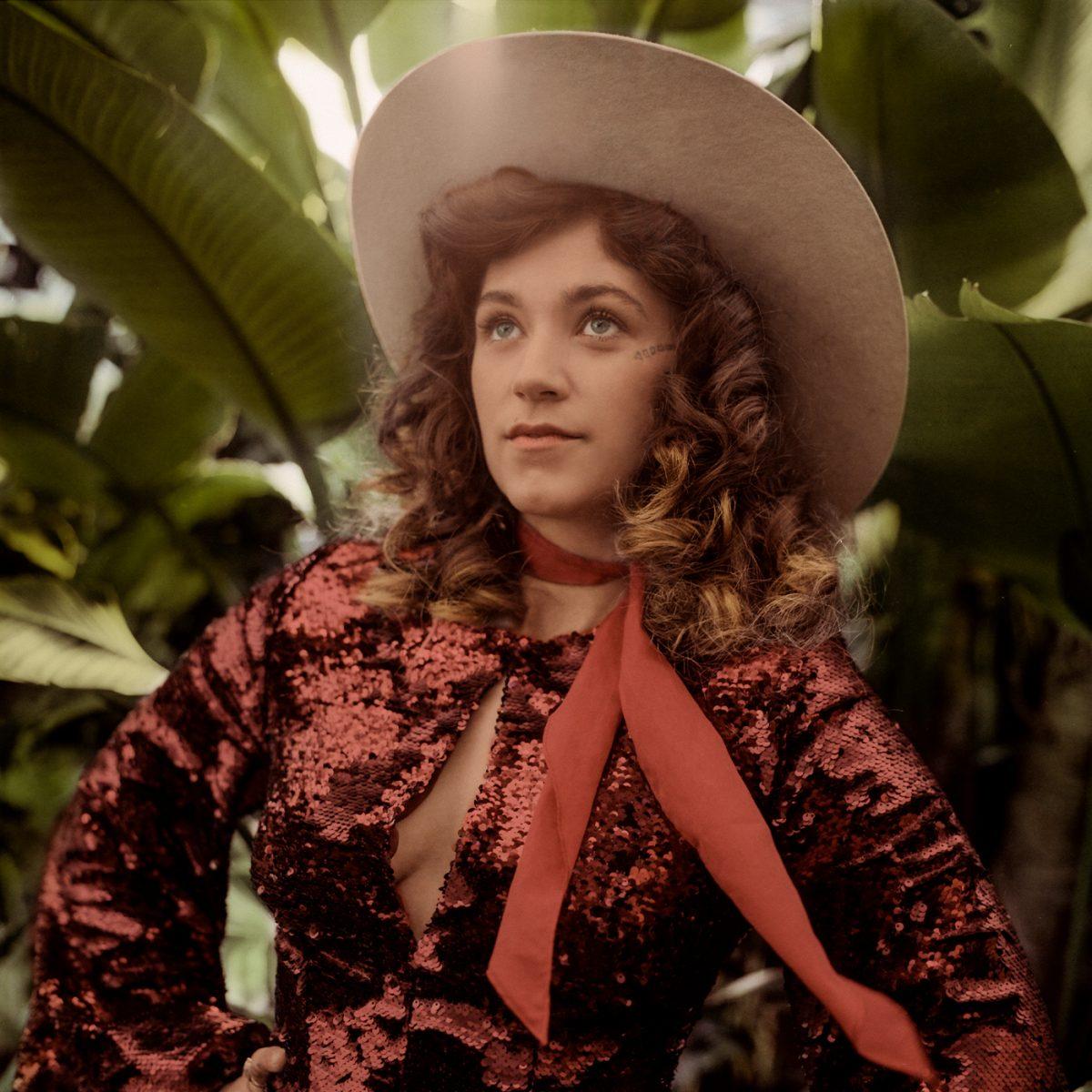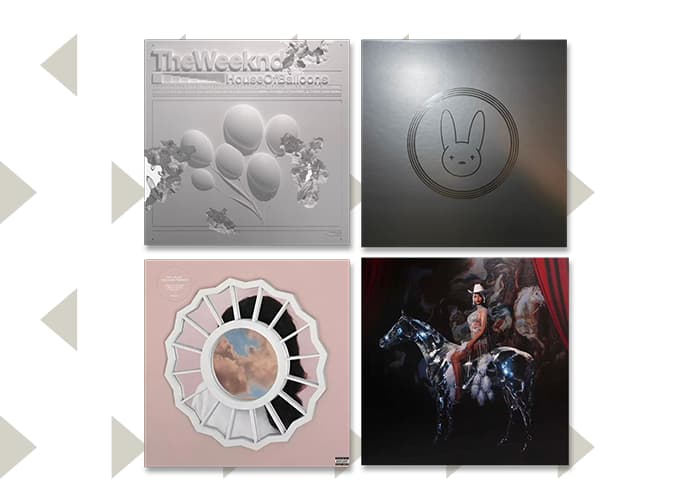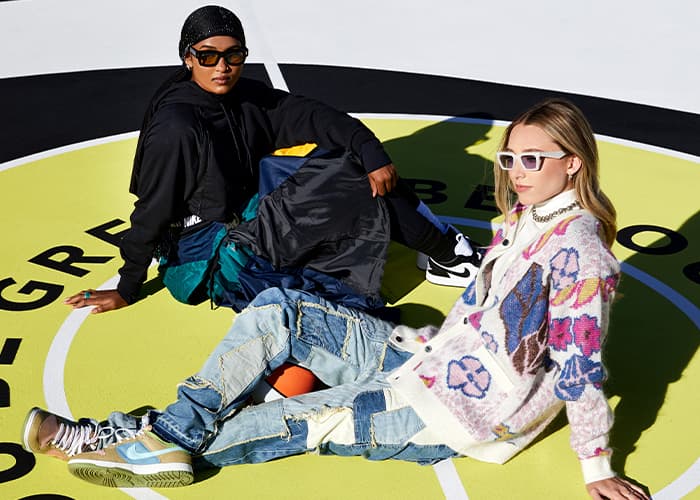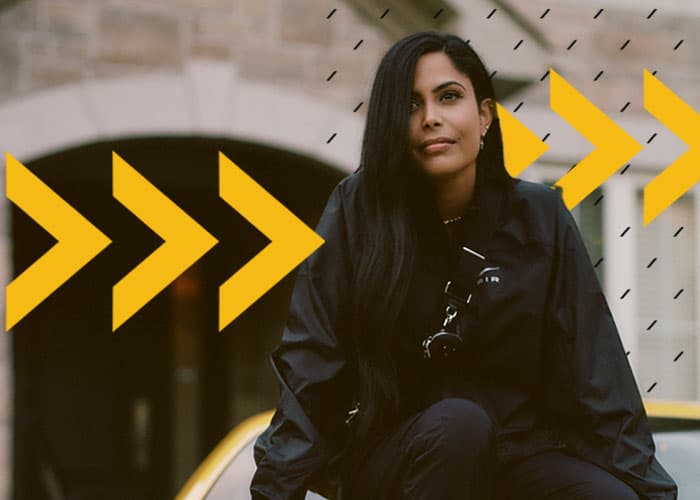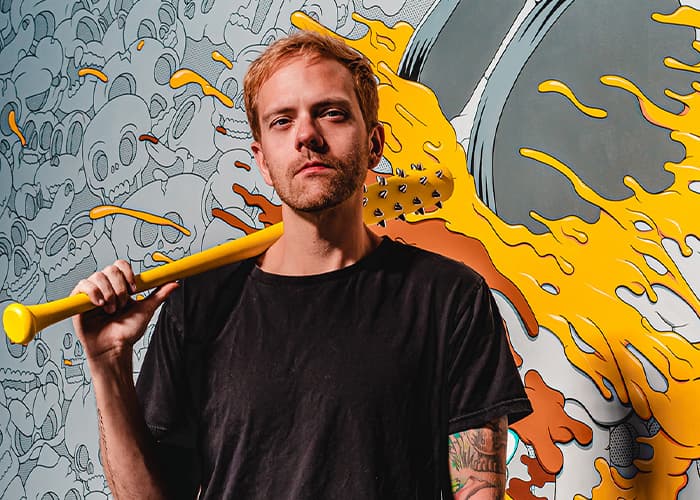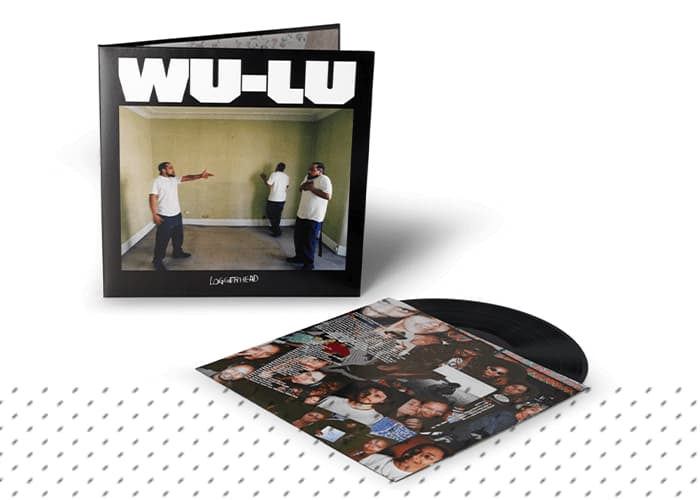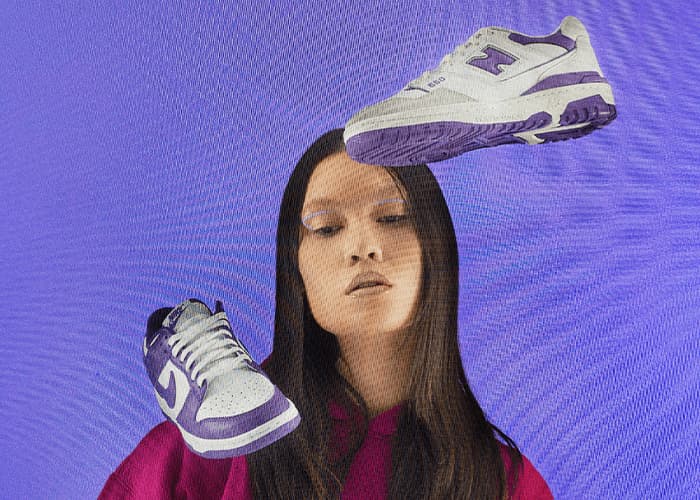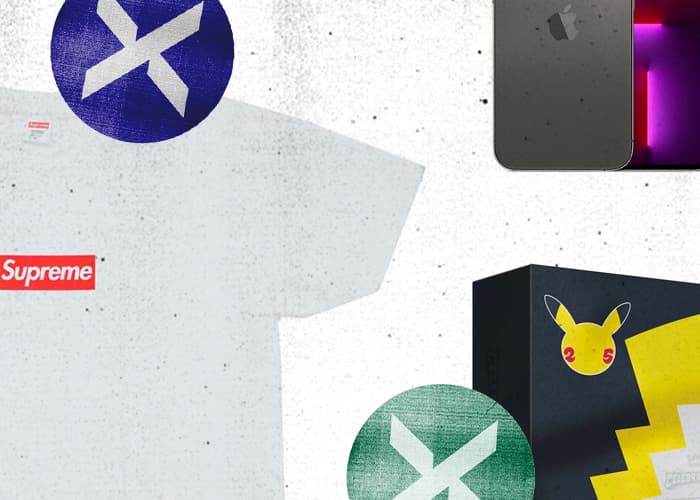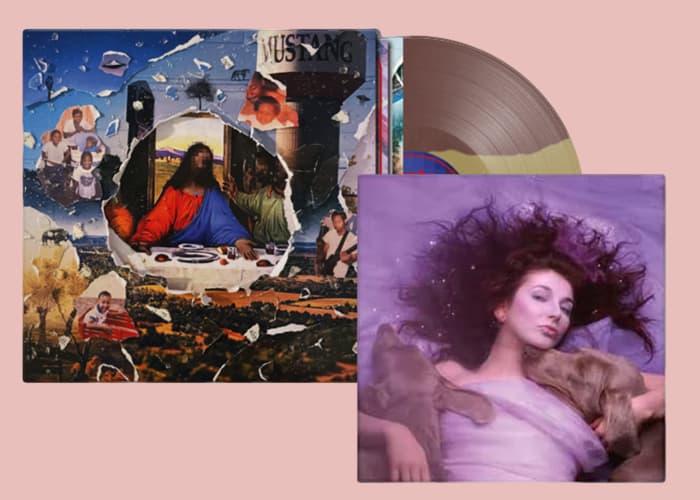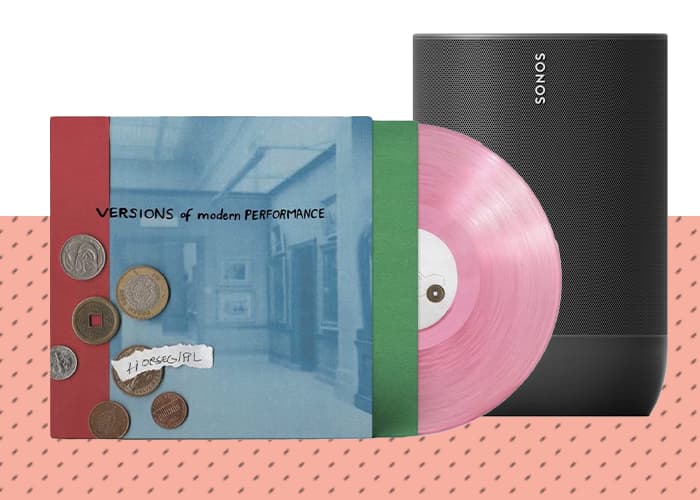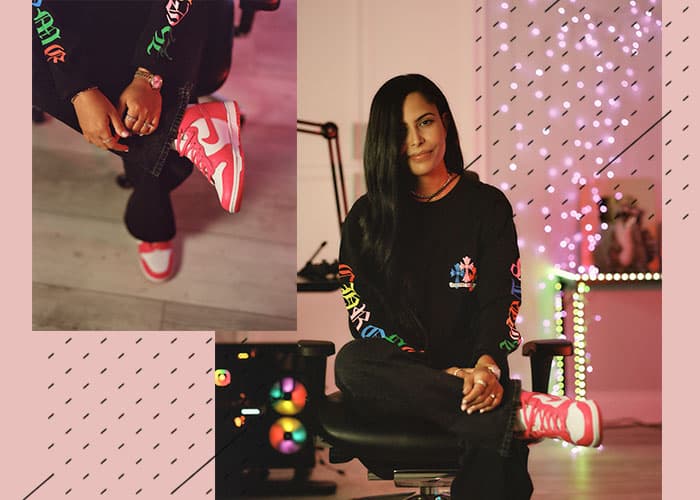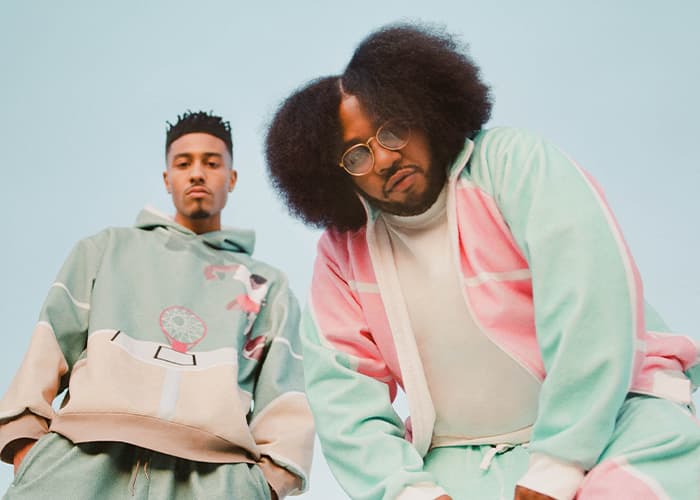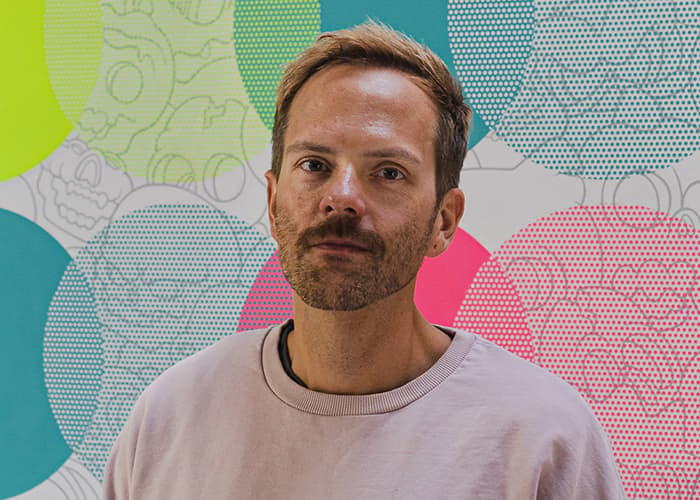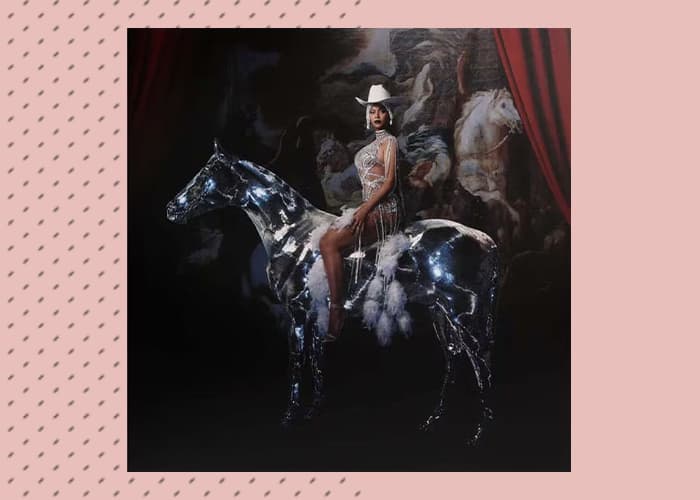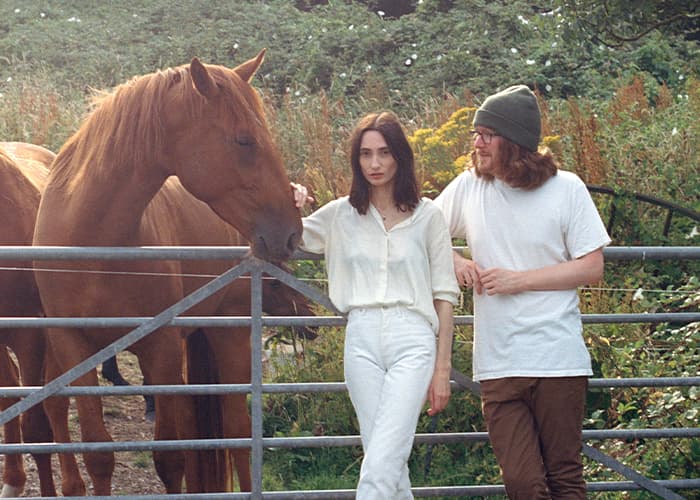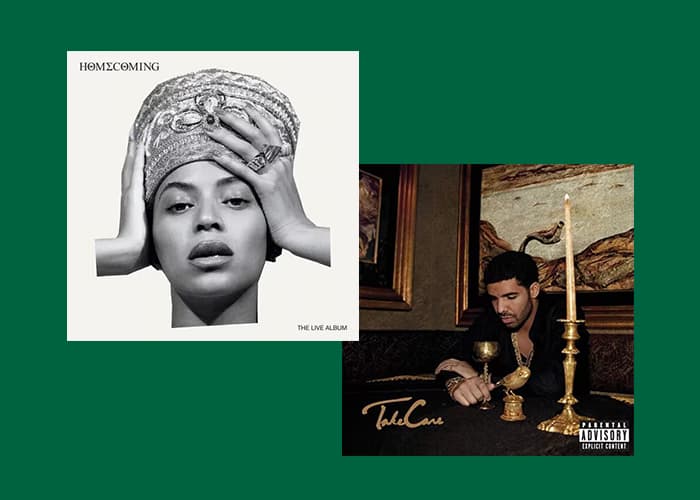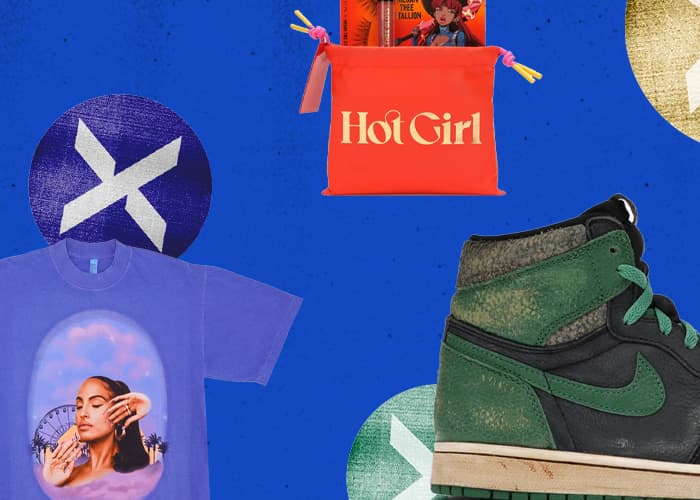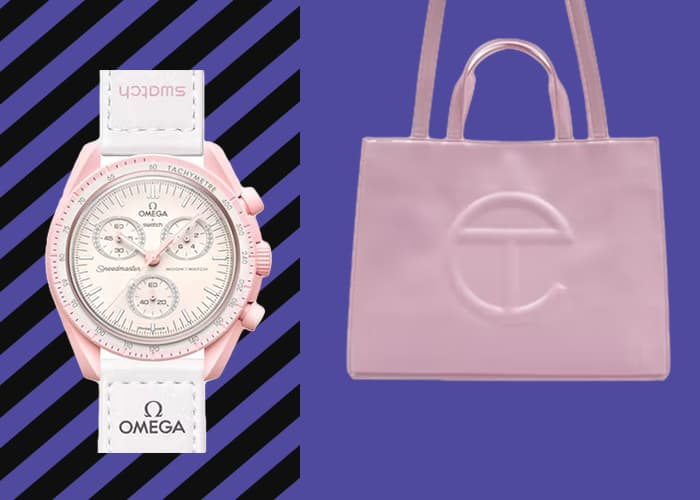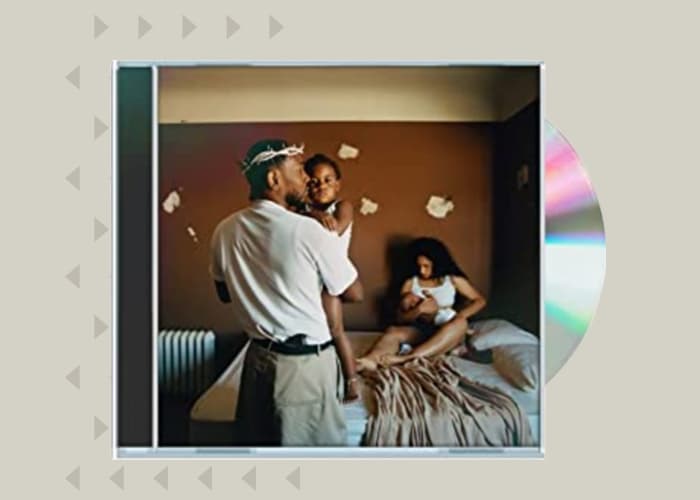Sierra Ferrell’s music comes from the same iconoclastic roots as the best of American popular culture. Like streetwear, and like sneaker culture, Ferrell’s music references and pays homage to past traditions in service of authentic self-expression. And just like streetwear and sneakers, Ferrell’s authenticity is the key to creating a community. Her most recent album, Long Time Coming, is a musical love letter to community. Largely completed pre-pandemic, the album’s release was postponed giving her the time to work with a wider cast of collaborators and layer in new sounds and genres. The final product sounds like something unstuck from time, but recognizable and comforting. It is the past reaffirmed and reformed for the present – just like the best retro, collab, or flip.
What influenced your new album?
Well, I listen to a variety of styles of music and a lot of different styles inspire me. But I’d say that I was just really excited to make a record with Gary Paczosa and also my good friend Stu Hibberd. And I had these songs already kind of written and ready to go. And, so we just met in the studio and recorded them. More generally, the influences come from the Rolodex in my brain of all the different types of music that I’ve listened to. We are pretty much our surroundings, especially whenever we listen to music. Music is very inspirational for me. So, there’s definitely some influences of jazz in there, some country, some tango-y stuff. It’s just the styles of music that are vibrating with me these days.
How long did it take to record the album?
We recorded the backbone of it pretty much in three days. We went to the Southern Ground Studios – Kris Kristofferson recorded there – that’s pretty phenomenal for me. We just did the backbone of it, we had pretty much most of the players. But then we had time because then COVID happened for the first time. And so then everything got shut down and then we wanted to add extra things to it. We ended up adding Sarah Jarosz. And then also Tim O’Brien, and Jerry Douglas, Dennis Crouch, and Rory Hoffman’s on there – he’s amazing.
What would you like people to take away from the album?
As I’m getting older, I’m finding myself wanting to work with a lot of people. And right out the gate, I wanted my debut record with Rounder to be a collaboration of all the different styles of music that I enjoy and the things I’ve been playing. And also to open the gate for more producers and people who want to work with me. Maybe their expertise is in doing tango music and they’re like, “Well, she can do that. So, maybe we can work on a record that’s like that.” Or even a honky-tonk record. I mean, I’m down to do experimental music. I just love music, I want to be involved. So I’m hoping that this is also what people can take away from the record as fans, to realize that you don’t have to be only one way. You can be into as many things and be as many ways as you want. And just be yourself and you’ll find your people.
How did you develop your omnivorous musical taste?
Well, we like what we like as people and everyone likes different things. I listen to any style of music that vibrates with me. I just try to present that as best as I can with my music.
You have a peripatetic background that is easily mythologized – following the busking circuit, playing in boxcars and truck stops. Looking back, were you conscious that your backstory could helpful for your career?
No, not really. Everyone’s journey is different. I’ve always been like a restless spirit, especially at that time. I thought that traveling at the time was something that I really needed for my soul, for myself, and for my health. It’s created the person that I am today and I take the good and the bad that comes with it. Because you can’t really respect the good without the bad or appreciate it as much. And the sort of lifestyle I lived was pretty chaotic in a lot of ways, and a lot of ups and downs, very drastic, it was changing constantly. But it did help me settle down in a lot of ways. I really enjoy being home now and I enjoy having one place to come back to. And I keep my circle of friends pretty small. You kind of have to in this sort of lifestyle because you’re giving yourself away so much.
What’s the most overrated?
Well, I feel like people trying to be perfect is overrated because we live in with like Photoshop and Studio Magic. We’re human beings, we’re going to make mistakes, we’re going to mess up. Just knowing your weaknesses and trying to do better and don’t take your weaknesses as like a curse. You can try to reevaluate it and make it something positive to move forward and do better.
What’s the most underrated?
Underrated? Well, I feel like the most underrated thing right now is the fact that people are just acting like COVID is kind of gone – even with the new strain. Or just because they think that they get vaccinated that they’re fine, they don’t need to wear a mask and stuff. I really want people to reevaluate that and just still kind of act like it’s still a big issue because it is. And wear masks!
Bonus Question: What are you working on right now?
I’m excited to get in the studio and start recording some new songs I’ve been stewing up. I have someone who wants to work with me. He wanted to work on my first record, but I wanted to do the first one and just get it out. We’ve been touching base again and I don’t want to spoil it or say it and then it doesn’t work out.
An unnamed gentleman to be revealed later.
This unnamed gentleman is a legend and I think people will be really excited.


